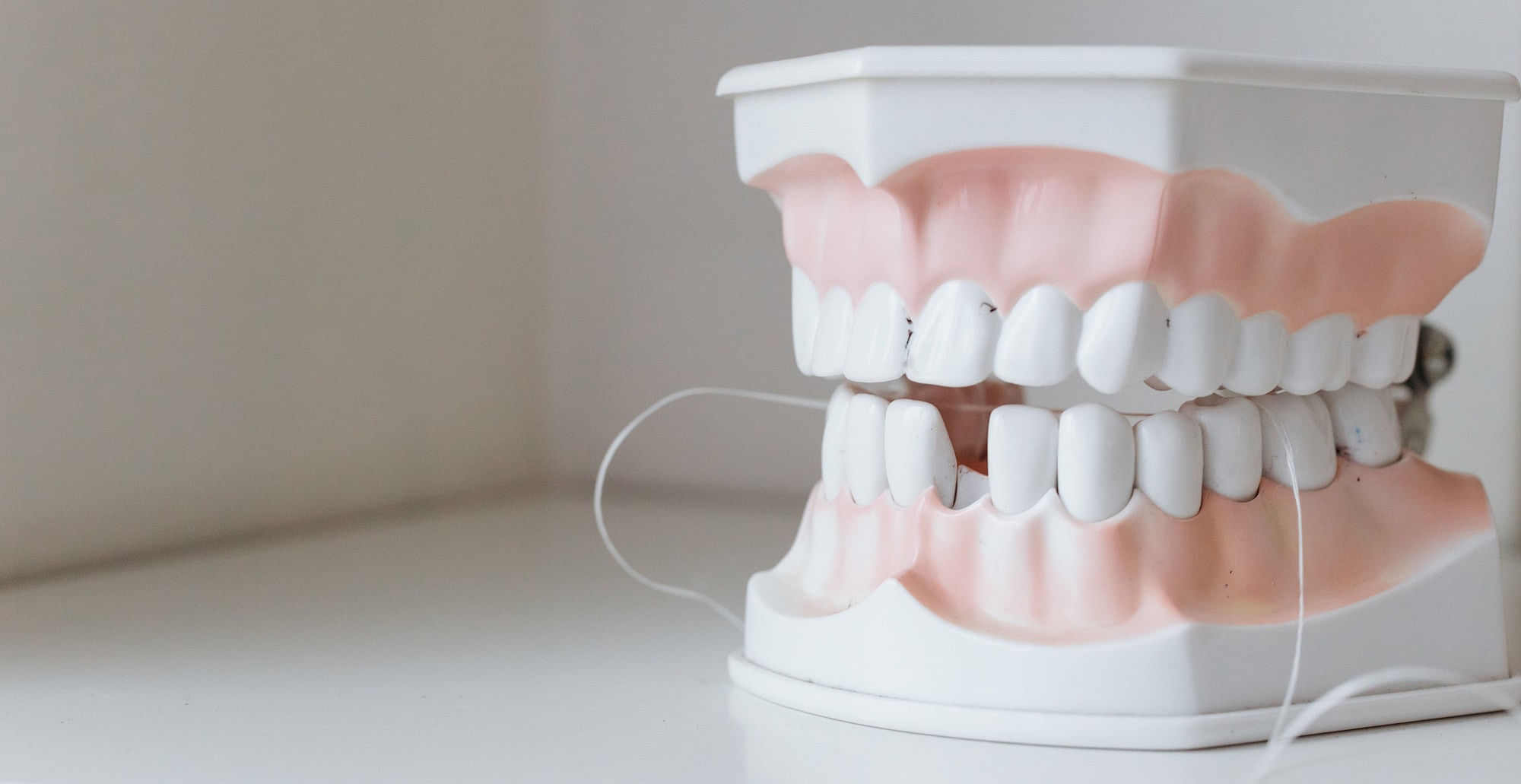

Education
Station
They’re Only Baby Teeth…Why Bother?
What an interesting question! Unfortunately for the children, this is a commonly held belief. Perhaps it would be interesting to explore this concept and to go a little deeper into the myth it represents.
To begin with, nature does nothing that is not necessary. In addition, it only brings forth value and never wastes anything. To quote one of my mentors, F. Harold Wirth, D.D.S., “The mouth in its entirety is an important and even wondrous part of our anatomy, our emotion, our life; if it is not the site of our very being.” So saying that they are only baby teeth and not deserving of attention is truly a myth. Let’s look a little closer.
The 20 primary (baby) teeth are critical to the growth and development of the child. Their mere presence guides the development of the jaws and ultimately the face. They determine how far the chin will be from the nose. Together with the jaw joints, the muscles, nerves, and ligaments, they form the chewing system. They support the lips and allow the child to learn to speak. They allow the child to eat fresh, wholesome foods that will promote their overall development. One of their most critical functions is to “hold” the space for the permanent teeth and to act as a guide for the latter’s eruption. Many adults suffer a life of misery relative to their teeth because of early loss of key baby teeth.
Failing to recognize the emotional component that baby teeth play can be devastating to the development of a child’s self image and self esteem. Sometimes kids can unwittingly behave cruelly toward each other. Teasing and laughing at their friends because of some “flaw” in a child’s smile can have lifelong consequences for some children. I can remember one child in particular that when she lost her two front teeth she was devastated and emotionally distraught. Upon questioning her we learned that in her mind, she would be without her front teeth for the rest of her life, not understanding that she had two more teeth to fill the voids.
So what can modern dentistry offer the children of today? First, helping the child become aware of the importance of their teeth is truly a lifetime gift. Teaching them that the health of their mouths is key to the health of their bodies is critical. Helping them experience dental visits that are more about prevention than about treating disease will help them develop habits of regular dental care for their lifetime.
Secondly, a fundamental belief in the health model of dentistry is to not have any openings in the teeth that would allow bacteria to enter. We know that virtually all abscessed teeth, excluding trauma, begin with a pinhole cavity. So why not conservatively close any openings in any baby or permanent teeth? It is called being aggressively conservative and minimally invasive.
Finally, the absolute key to a healthy, adult dentition is the growth and development of the bony structures that are holding the teeth. Often times there are discrepancies between the size of the teeth and the size of the jaws which are usually associated with genetics as well as the health of the parents at the time of conception. The modern orthodontist can now, non-surgically, help nature develop ideal dental arches that will allow the teeth to be positioned ideally. They do orthopedics first and then orthodontics. It is truly amazing. The secret is to find the “window” for each child when this can be accomplished so that surgical intervention in the years ahead can be avoided.
Hopefully now you have a new and broader view of children and their teeth and that you would agree with me that “bothering” with that part of their anatomy is a wise thing to do.
Check out some of our other articles from our Education Station.


